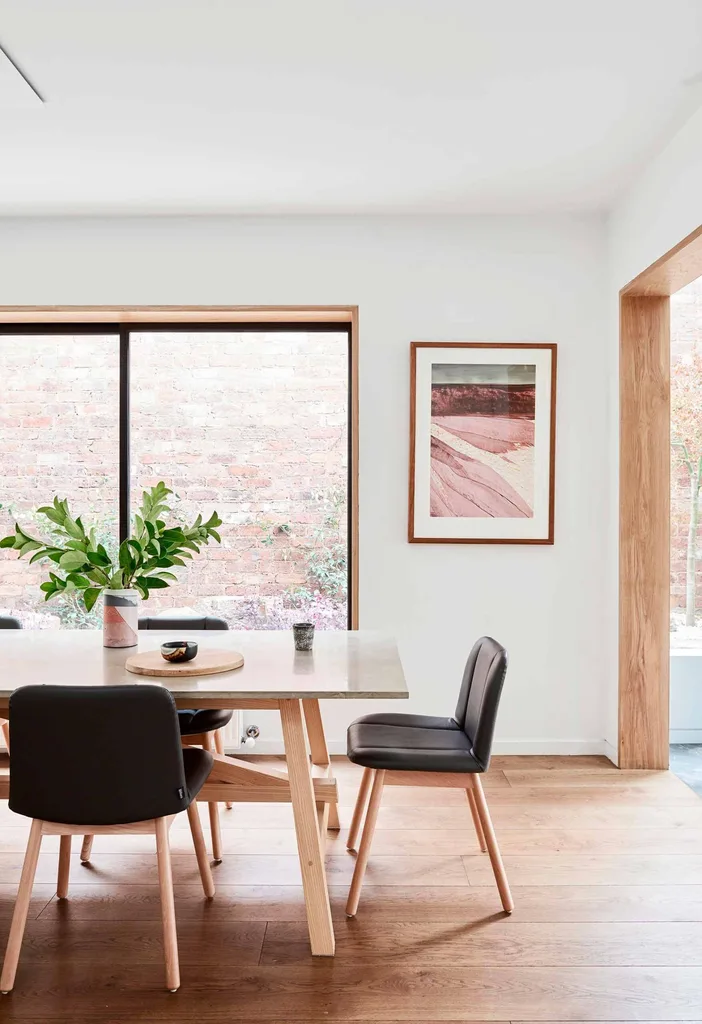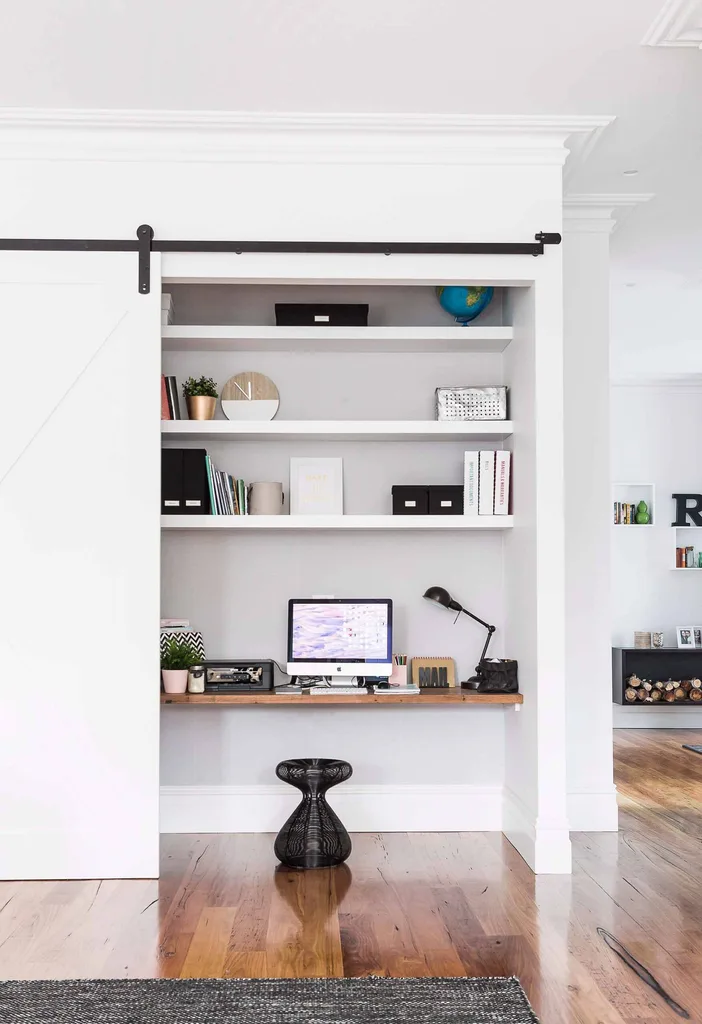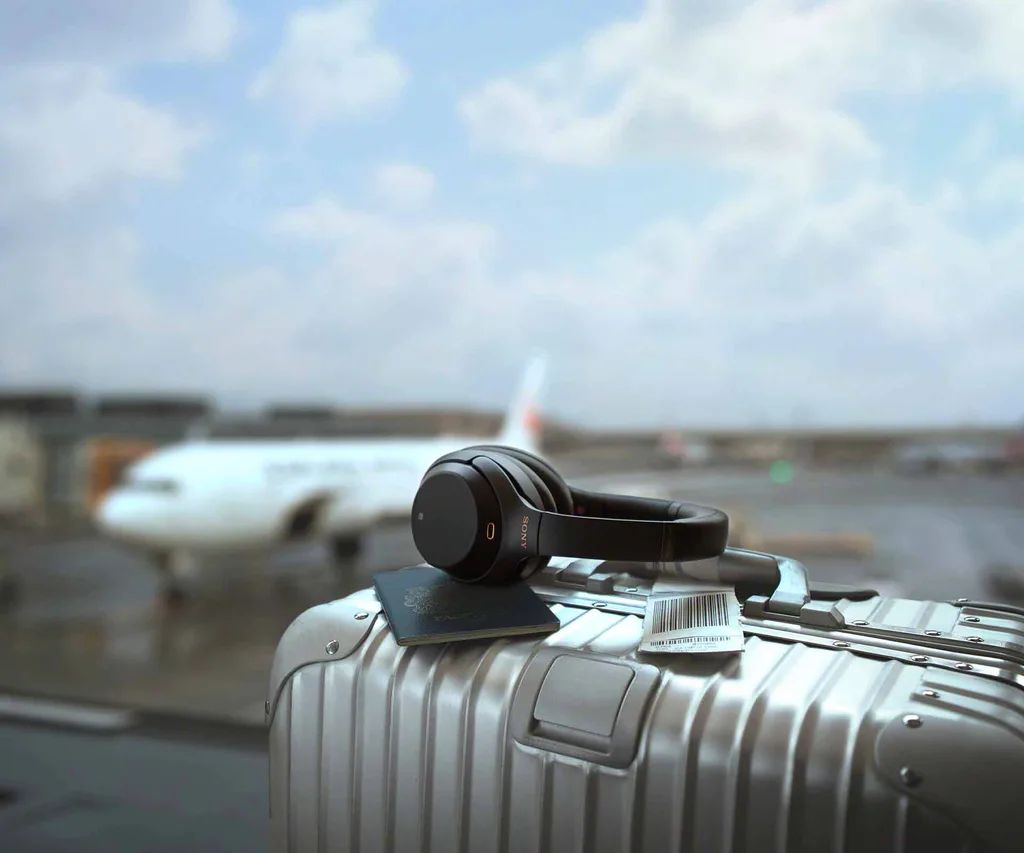We’re all well and truly aware of pollution in the air and the oceans, and the powerful impact they have both on the planet and our own health. But, there’s another type of pollution that is affecting us, and it’s one that we’re much less familiar with: noise pollution. While we might not be familiar with that term, the way sound affects our health and day-to-day lives is something that almost all of us can agree upon.
From being unable to sleep because of low-flying airplanes and the sound of traffic, to being unable to concentrate at work due to your colleague’s long phone calls, noise pollution affects us in subtle ways, with big impacts. According to the Sony Sound Report, 95% of Australians admit to feeling irritated by everyday sounds, with noise pollution impacting sleep, increasing stress levels and irritability and reducing concentration as the most common reactions.
We sat down with psychologist and mindfulness expert Tahnee Shulz to find out what exactly is noise pollution, and how we can limit its impact in our day-to-day lives.

Photography: Lyndon Foss / bauersyndication.com.au.
In a nutshell, what is noise pollution?
Noise pollution is defined as a form of air pollution that is an audible, unwanted sound, which may impact a person’s health and wellbeing. When people think about how noise can impact their health, they often only consider how exposure to loud noises can damage their ear drums and cause hearing loss. However, there are other physical as well as mental and emotional effects.

Photography: Maree Homer / bauersyndication.com.au.
Why do you think many of us aren’t aware of ‘noise pollution’?
It’s so interesting to see that 51% of Aussies don’t realise they’re victims of noise pollution, but almost all (95%) of us admit we’re affected by irritating sounds. This suggests that we’re not familiar enough with the concept of noise pollution and have simply become accustomed to noise as part of our everyday, modern lives. By discussing the significant effects that noise can actually have on overall wellbeing, hopefully awareness and understanding of noise pollution increases.

Photography: Eve Wilson / bauersyndication.com.au.
What are the easiest ways to lessen the impact of noise-pollution in the home?
As noise pollution continues to increase, silence has become a modern-day luxury. Over time, our brains and bodies try to adapt to the constant stimulation of noise and we often feel restless and anxious when it’s quiet. It is now more important than ever for us to be aware of the effects noise pollution can have on our health:
Exposure to irritating or disruptive noise can increase aggressive behaviour and stress, as well as increased headaches, heart rate and blood pressure, fatigue and interrupted sleep.
Interrupted sleep alone has many flow-on effects including impaired memory and creativity, impaired judgement, weakened psychomotor skills and impaired memory and creativity.
Long-term effects can include serious issues such as cardiovascular disease, heart attacks and strokes, cognitive impairment in children and adults, tinnitus and hearing loss
In the hustle and bustle of modern life, we are living in higher density areas where we’re constantly being overstimulated by noise. Research also shows that people living near airports or busy roads have a higher incidence of headaches and take more sleeping pills and sedatives.

Photography: Maree Homer / bauersyndication.com.au.
What are the easiest ways to lessen the impact of noise-pollution in the home?
Taking proactive steps to modify your environment will be beneficial in reducing the impacts of noise pollution. This can include:
Installing well-insulated glass windows, doors and other noise-absorbent materials in your home, like carpet to muffle loud footsteps.
Try to pick quiet and peaceful environments to work or study in that are removed from other people in the household, or loud appliances like washing machines and TVs.
It can also be good to give your mind and body a rest on the weekend. Try to get off the grid every once in a while and into nature.

Peace and quiet Using noise-cancelling headphones can make a major difference in the affects of noise pollution your day-to-day life. Image courtesy of Sony.
What about in our day-to-day lives?
When it comes to your day-to-day, there are so many easy and simple steps you can take to minimise your exposure to disruptive noise. These little tricks will help you start to feel more centred and at peace, and the flow-on effects to your health are likely to be noticeable. Some of the ways you can reduce your exposure to noise pollution are:
Using noise cancelling headphones, like Sony’s WH-1000XM3, to control your exposure to outside noise. You can choose complete silence or opt to allow in ambient noise, depending on your environment.
Lowering the volume on your devices, where possible
Getting off the grid and into nature whenever you can
Ensuring your car and appliances are well-maintained, to ensure smooth running and avoid irritating noises



